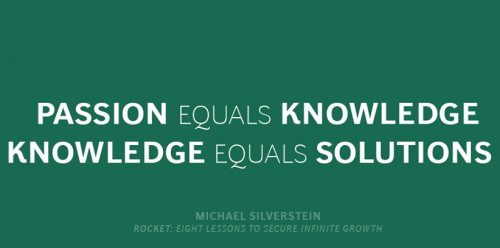

Dr. Zoltan Csedo, Managing Partner of Innotica Group, has been re-elected to a further term of office as Vice Chair of Group Leaders' Support Committee at London School of Economics and Political Science Alumni Leadership Forum, on the 11th-12th of September 2015.
The London School of Economics and Political Science (LSE) is one of the foremost social science universities in the world. Its research and teaching span the full breadth of the social sciences, from economics, politics and law to sociology, anthropology, accounting and finance. Founded in 1895, the School has an outstanding reputation for academic excellence. 16 Nobel prize winners have been LSE staff or alumni.
The international LSE alumni community comprises more than 128,000 people drawn from almost 200 countries, represented by 80 official country groups/networks and 9 special interest groups. The Group Leaders' Support Committee advises alumni group leaders in effectively running their groups and delivering engaging programmes for alumni worldwide.
Graduated from the LSE in 2003, Dr. Csedo is an active member of both international and local LSE alumni communities, serving as Sub Ambassador Europe between 2011-2013, and he has just started his second term of office as Vice Chair of the Group Leaders' Support Committee.


A recent published report reveals what is the driving change in leadership development today, the benefits that are being delivered by adopting new approaches, the barriers to learning innovation and the actions learning and development are taking to address the challenges they face. The report has been launched by UK based bechmarking agency, Towards Maturity, in cooperation with KPMG.
Data from 2,000 leaders and managers highlights that whilst 40% find their classroom experiences essential or very useful in helping them do their job, they are also strong self-directed learners:
The full report can be downloaded from Towards Maturity website:
http://towardsmaturity.org/article/2015/09/02/in-focus-excellence-leader...


The design-centric culture is a response of large corporations to the increasing complexity of modern technology and modern business. That complexity takes many forms. Sometimes software is at the center of a product and needs to be integrated with hardware, and made intuitive and simple from the user’s point of view. Sometimes the problem being tackled is itself multi-faceted. And sometimes the business environment is so volatile that a company must experiment with multiple paths in order to survive.
The design-centric culture transcends design as a role, imparting a set of principles to all people who help bring ideas to life. This set of principles is collectively known as design thinking, which is based on following pillars:
An organizational focus on design offers unique opportunities for sharing knowledge, humanizing technology and for developing emotionally resonant products and services. Adopting this perspective isn’t easy. But doing so helps create a workplace where people want to be, one that responds quickly to changing business dynamics and empowers individual contributors. And because design is empathetic, it implicitly drives a more thoughtful, human approach to business.
For more information, please, click on the recent HBR article:
https://hbr.org/2015/09/design-thinking-comes-of-age


The stories of 16 business leaders who created iconic brands have been included in the new book of BCG's Michael Silverstein, Dylan Bolden, Rune Jacobsen, and Rohan Sajdeh, to be released in October 2015.
Authors conclude: To stay on top, your job is to deliver magic— every day, in every way. That is what apostle brands do. Passion and knowledge are key drivers in finding the right solutions how to achieve it.
For more information, please, read the book review in BCG Perspectives:
https://www.bcgperspectives.com/content/articles/brand-strategy-retail-r...


Most people are uncomfortable with data. Estimates, analytics, and data-driven predictions — they can all be confusing and overwhelming. Some of this discomfort is based on experience. Everyone remembers a time when their data was simply wrong, a prediction was misleading, and the consequences were serious.
Until recently people could easily ignore data in their daily work. The company’s “gearheads” and “quants” were isolated in specialist departments, tech handled the mundane stuff, and managers could brush off the benefits of improved data quality with the attitude, “We’re doing just fine. Why bother?”
But now that’s changing. The headline result of my most recent “scan” of the data space is that fear has replaced apathy as the number one enemy of data. More and more managers and their direct reports sense that, sooner or later, data will infiltrate every nook and cranny of every industry, company, and department, transforming work, relationships, and power structures. Uncertainty around “what will happen to me, my work, my department, and my company?” is seeping into hearts and minds of individuals at all levels. You can spot the fear in a number of ways: Some don’t make the effort to share potentially useful data, and others (increasingly) complain that the data is too difficult to access, understand, or use, so they ignore opportunities to include it when making an important decision.
In the face of fear, according to Thomas C. Redman, author of "Data Driven: Profiting from Your Most Important Business Asset", your department looks to you for leadership. You can become a credible leader and dispel the fear of data in your team as well as your own fear by increasing your abilities and inspiring the entire department to embrace data. After all, if fear is the number one enemy of data, knowledge is the number one enemy of fear.
For more details, please, click on the article published by HBR, this morning: